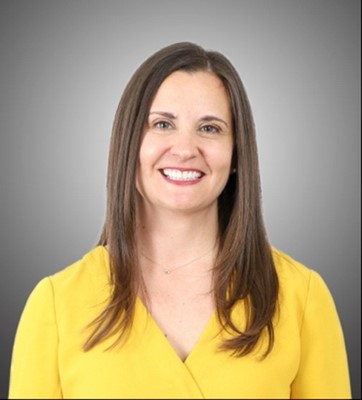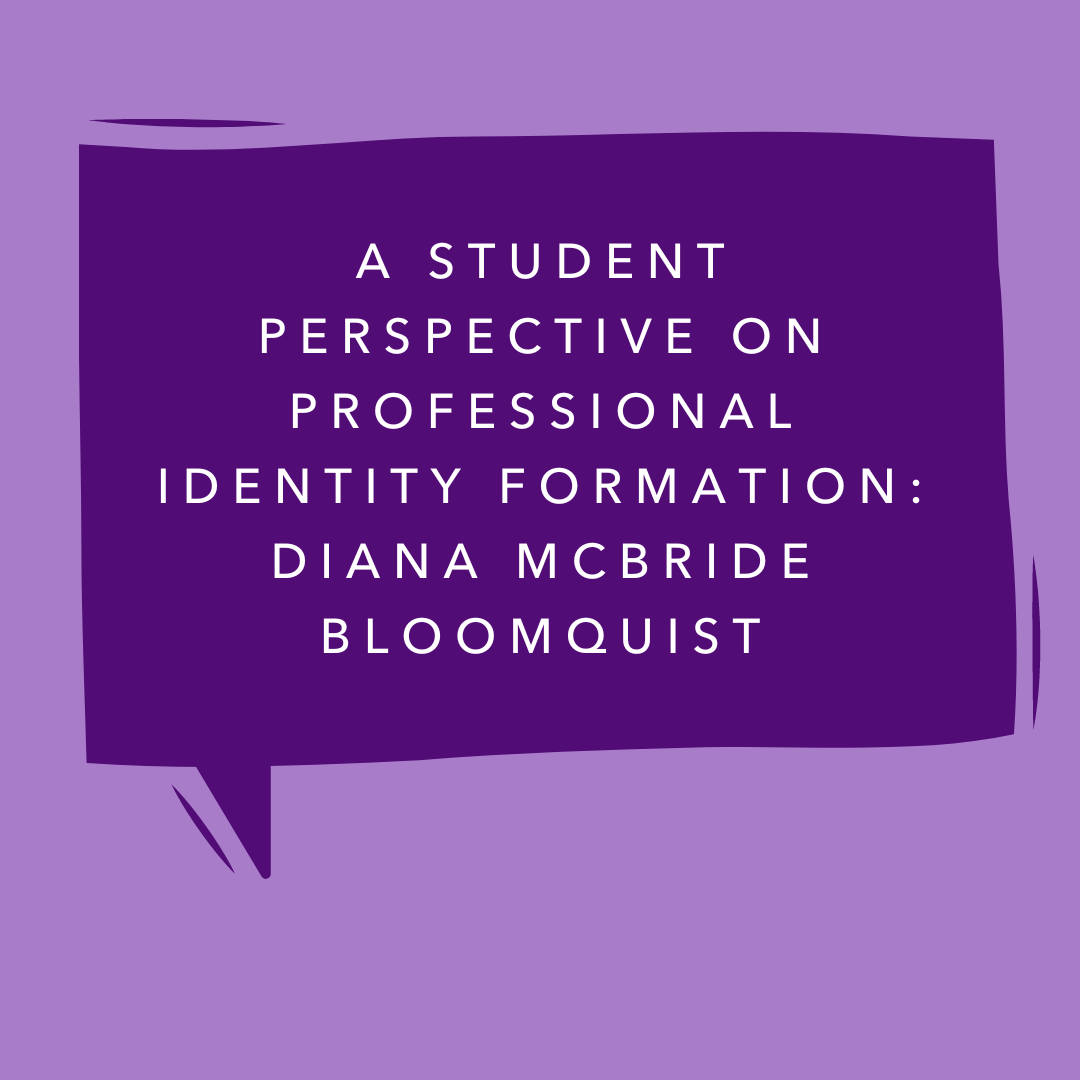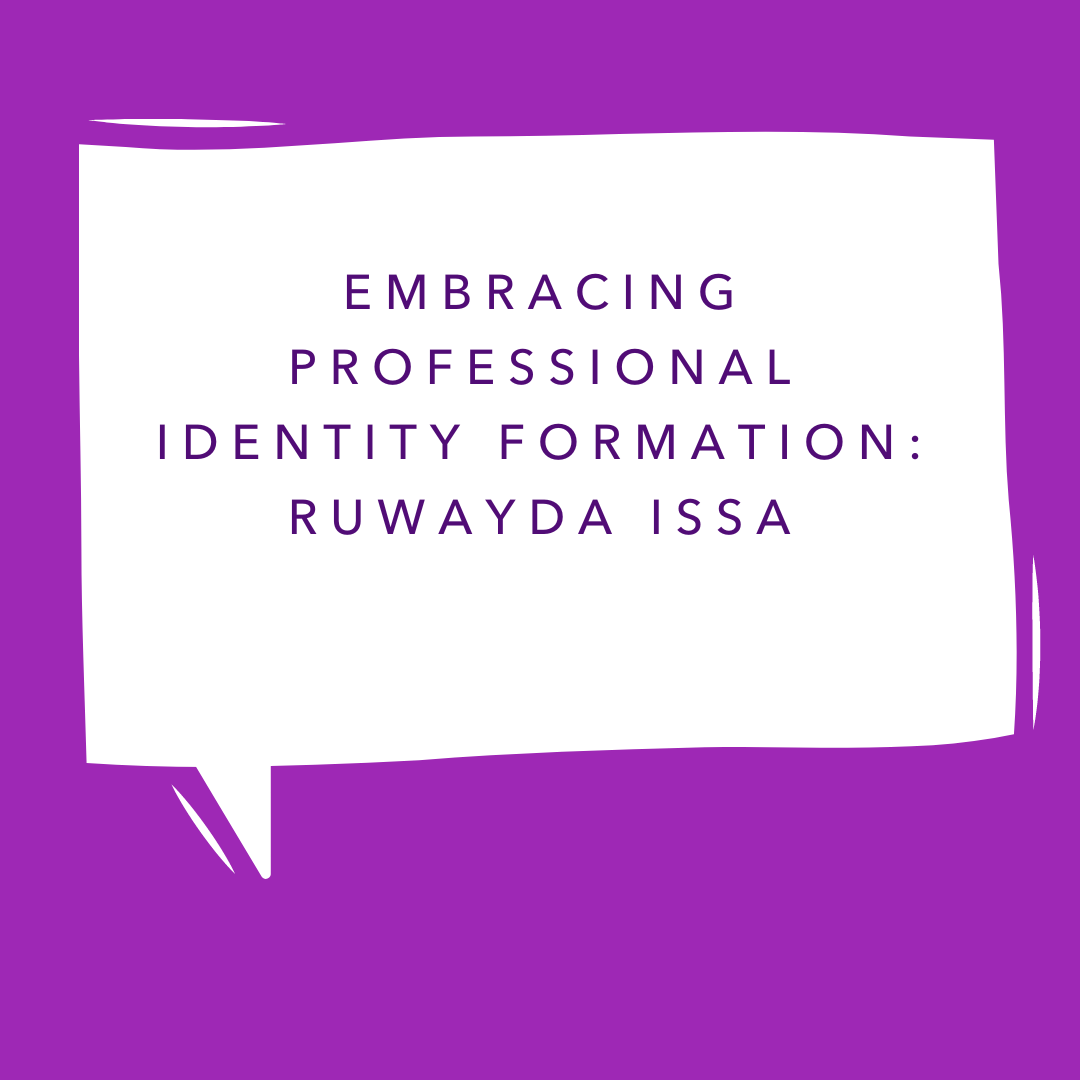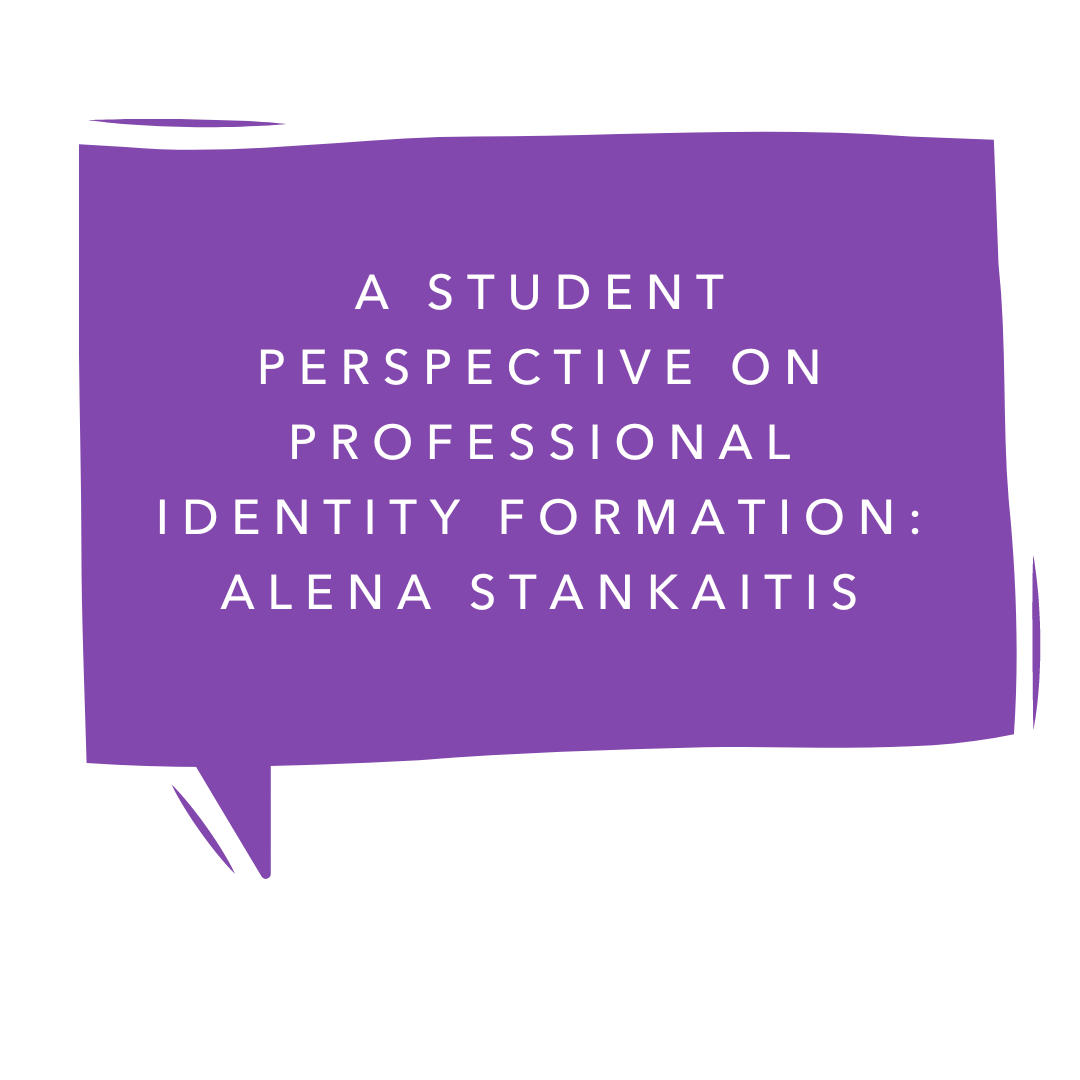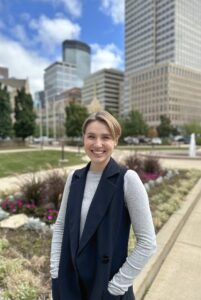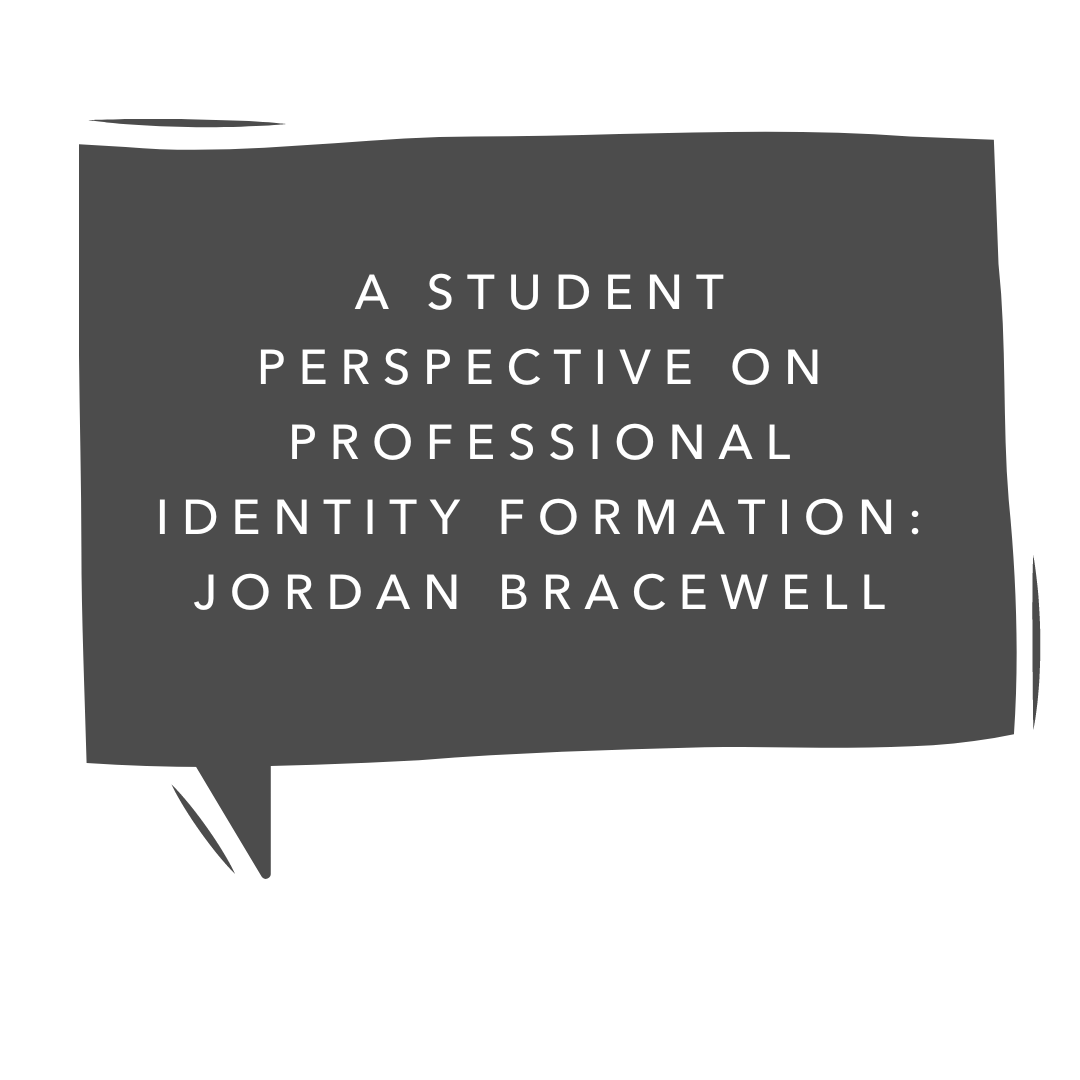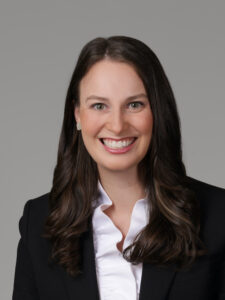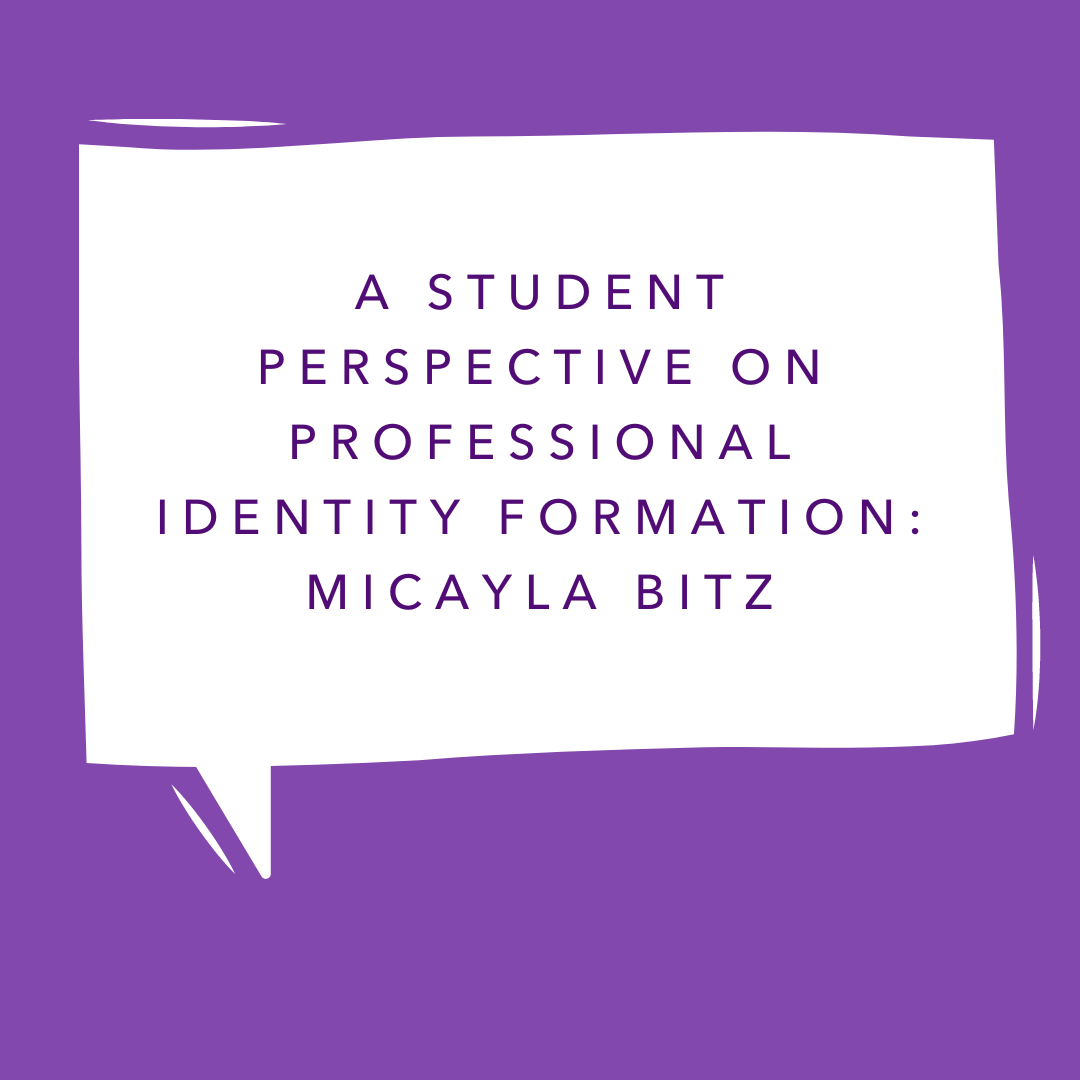by Luke Cheman, 2L at the University of St. Thomas School of Law
As a law student, I have started using AI here and there – drafting memos for class, testing my legal knowledge, or just seeing what it can do. At first, it felt like learning a new tech trick. But I have realized it is more than that. Each time I practice with AI, I am also practicing the values that will guide me as a lawyer: responsibility, judgment, and growth. In other words, using AI is already part of learning how to live my professional values.
The Holloran Center compares professional values to the trunk of a tree.[1] The idea is simple: values are what everything else grows from. For lawyers, one of the biggest branches on that tree is responsibility. That means serving clients zealously but fairly, respecting the legal system, helping improve the law, and making sure more people have access to justice. It also means being honest in negotiation, guided by conscience, and willing to help clients think through tough choices. When we add AI into the picture, it is not just about learning a tool – it is also about finding new ways to live out those responsibilities.
AI as a Tool for Zealous Advocacy
AI can quickly pull information, draft language, or brainstorm arguments.[2] But representing a client well is not just about speed – it also requires making sure what you deliver is correct and actually useful. Learning to supervise AI, check its work, and adjust it to fit the client’s needs all constitute ways lawyers practice responsibility. The value remains the same; there is just a new tool in the mix.
AI as a Way to Expand Access
One of the best things about AI is that it could make legal assistance more available to people who cannot usually afford it. If AI cuts down the time it takes to do routine work, then that means pro bono lawyers, clinics, and small firms could help more clients.[3] For me, that makes learning AI feel less like a “tech skill” and more like a way to live out the value of service and access to justice.
AI in Honest Negotiation
Lawyers negotiate all the time, and AI can help by giving lawyers more options or ideas or by drafting language.[4] But the value of honesty does not go away. Using AI responsibly means not just dumping whatever it produces on the other side. It means choosing what is fair and accurate, and making sure we are not misleading anyone.[5] That is part of living into our values – even in negotiation.
AI and Judgment
AI excels at finding patterns and providing information, but it cannot weigh empathy or fairness.[6] Some of the hardest choices in law are moral ones, not technical ones. When I use AI, I can compare its answer to my own reasoning and ask, what is missing? Doing that actually strengthens my judgment. It is practice for the kind of decision-making that values like conscience and responsibility demand.
AI Supporting Professional Judgment
At the end of the day, clients do not just need facts – they also need guidance. AI can highlight risks or list options, but it cannot help a client sort out what is right for them or how their decision will affect others.[7] That is where lawyers come in. Being competent with AI does not mean handing over the wheel to AI; lawyers must use AI to facilitate better conversations with clients and to make our own judgment stronger.
Values like zeal, respect, fairness, conscience, and judgment are what make lawyering a profession. Each of those values connects directly to how we use AI. If we internalize and live those values, AI does not replace professionalism – it accentuates professionalism. And as law students, the more we practice now, the better prepared we will be to use AI as a real opportunity to serve clients with excellence and positively impact the justice system.
[1] Hamilton, Neil. “The Profession Has Core Values the Students Can Explore in Guided Reflection – Holloran Center Professional Identity Implementation Blog.” Stthomas.edu. 2022. https://blogs.stthomas.edu/holloran-center/the-profession-has-core-values-the-students-can-explore-in-guided-reflection/.
[2] Frazier, Kevin. 2025. “What I Say to Lawyers about AI.” Substack.com. Appleseed AI. May 22, 2025. https://appleseedai.substack.com/p/what-i-say-to-lawyers-about-ai.
[3] Kerker, Kim. 2024. “AI Ethics in Law: Emerging Considerations for pro Bono Work and Access to Justice – pro Bono Institute.” Pro Bono Institute. August 29, 2024. https://www.probonoinst.org/2024/08/29/ai-ethics-in-law-emerging-considerations-for-pro-bono-work-and-access-to-justice/?utm_source=chatgpt.com.
[4] “How AI Enhances Legal Document Review.” 2025. Americanbar.org. 2025. https://www.americanbar.org/groups/law_practice/resources/law-technology-today/2025/how-ai-enhances-legal-document-review/.
[5] “American.edu.” 2025. American University. 2025. https://www.american.edu/cas/news/responsible-artificial-intelligence.cfm.
[6] Nosta, John. 2024. “Is Empathy the Missing Link in AI’s Cognitive Function?” Psychology Today. October 19, 2024. https://www.psychologytoday.com/us/blog/the-digital-self/202410/is-empathy-the-missing-link-in-ais-cognitive-function.
[7] “AI Can Support — but Not Replace — Human Counselors, according to New Recommendations.” n.d. www.newswise.com. https://www.newswise.com/articles/ai-can-support-but-not-replace-human-counselors-according-to-new-recommendations.

Luke Cheman is a 2L at the University of St. Thomas School of Law. He’s preparing for a future career in the Army JAG Corps and is interested in the intersections between AI and the Law, especially how AI can influence the values and responsibilities of law students and lawyers.




